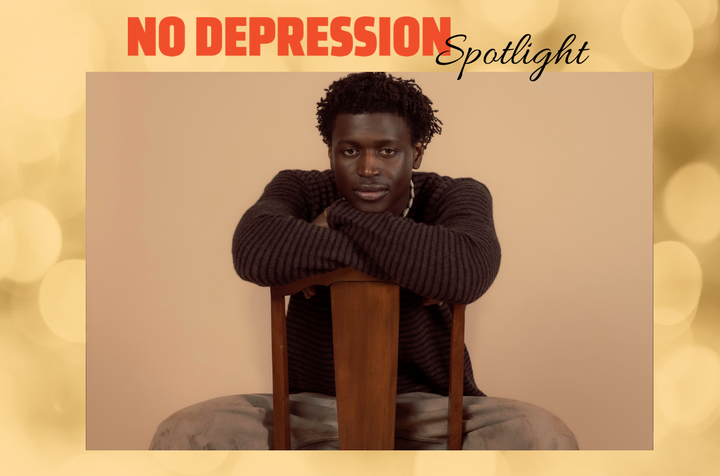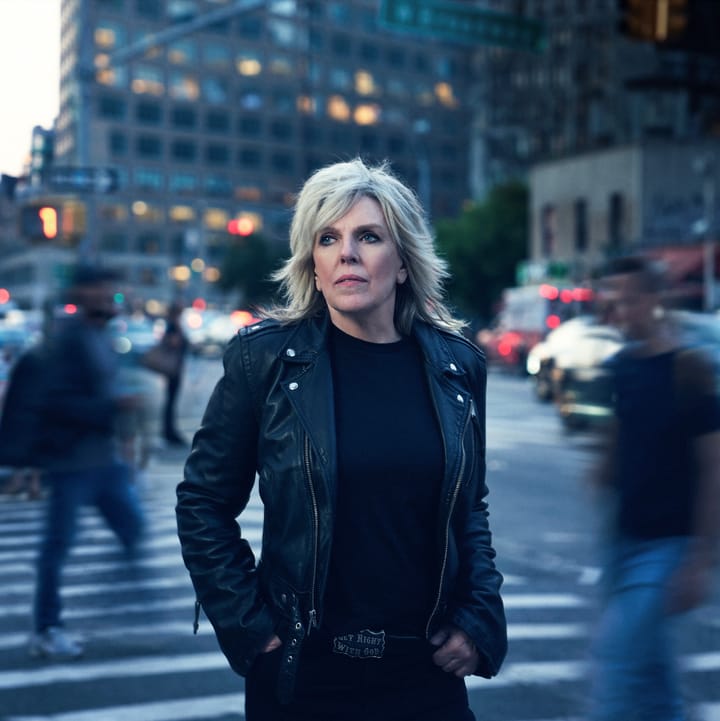That Don Gibson deserved Country Music Hall of Fame membership long before his 2001 induction was a given. But when he died November 17 at age 75, wire service obits mainly cited his three best-known compositions: "I Can't Stop Loving You", Sweet Dreams", and "Oh Lonesome Me". Some referred to him as the "Sad Poet."
Had he done no more than write those three numbers, he'd have enjoyed near-iconic status. But beneath that was a complex man whose solitary nature began in boyhood. He was one of five children born to a Shelby, North Carolina, tenant farmer who died when Don was two. A second-grade dropout, he devoured books; Django Reinhardt's European sophisticated gypsy jazz inspired him early on.
Success didn't come quickly. From 1949 to 1955, Gibson recorded for Mercury, RCA and Columbia, living in Knoxville, Tennessee. No breakthrough came until his 1956 MGM recording of "Sweet Dreams" made the top-10 with Faron Young's version. Gibson's performance was far from impressive; framed by fiddles and steel, he sounded like a bad Ferlin Husky imitator. Chet Atkins re-signed him to RCA in early '57. At first nothing happened.
Low on funds and optimism, Gibson was at a nadir when he wrote "Oh Lonesome Me" and "I Can't Stop Loving You" in his Knoxville trailer in just one day. RCA issued both songs on a single. Its 1958 country and pop success further validated Atkins' idea that country records without fiddles and steel could appeal to pop fans: the essence of what became the Nashville Sound. Flying over a streamlined, pulsing rhythm section, the Jordanaires close behind, Gibson's baritone at last sounded natural.
He cut a magnificent swath through the late '50s and early '60s with one vibrant lament after another: "Blue Blue Day", "Sea Of Heartbreak", "Who Cares", and a re-cut of "Sweet Dreams" (Patsy Cline's appeared posthumously, in 1963). Clean and vital, these records wear well nearly half a century later. When Gibson fan Ray Charles included "Can't Stop" on his 1962 Modern Sounds In Country And Western Music LP, it became the breakout hit, and an American standard.
Meanwhile, the thrice-married Gibson's pain multiplied exponentially into a near-fatal maelstrom of pills and booze. Fed up, he returned to Shelby and found redemption in Bobbi Patterson, whom he married in 1967. Things had changed as the Nashville Sound fell into predictable cliche. He and Atkins continued working together, but as the '60s ended, Gibson's only RCA successes were duets with Dottie West. In 1969 he joined Hickory Records, owned by his publisher, Acuff-Rose. Ironically, most of his hits there were penned by others.
Though he'd largely retired from performing by 1984, the songs endured. Over 700 artists recorded "I Can't Stop Loving You". Neil Young revived "Oh Lonesome Me" in 1970, and the Kentucky Headhunters made it a top-10 single twenty years later. Ronnie Milsap, a longtime fan, resurrected the obscure 1963 ballad "(I'd Be A) Legend In My Time" in 1974. So long as pain, loneliness and unrequited love remain topics of song, Don Gibson's legacy remains timeless.




Comments ()